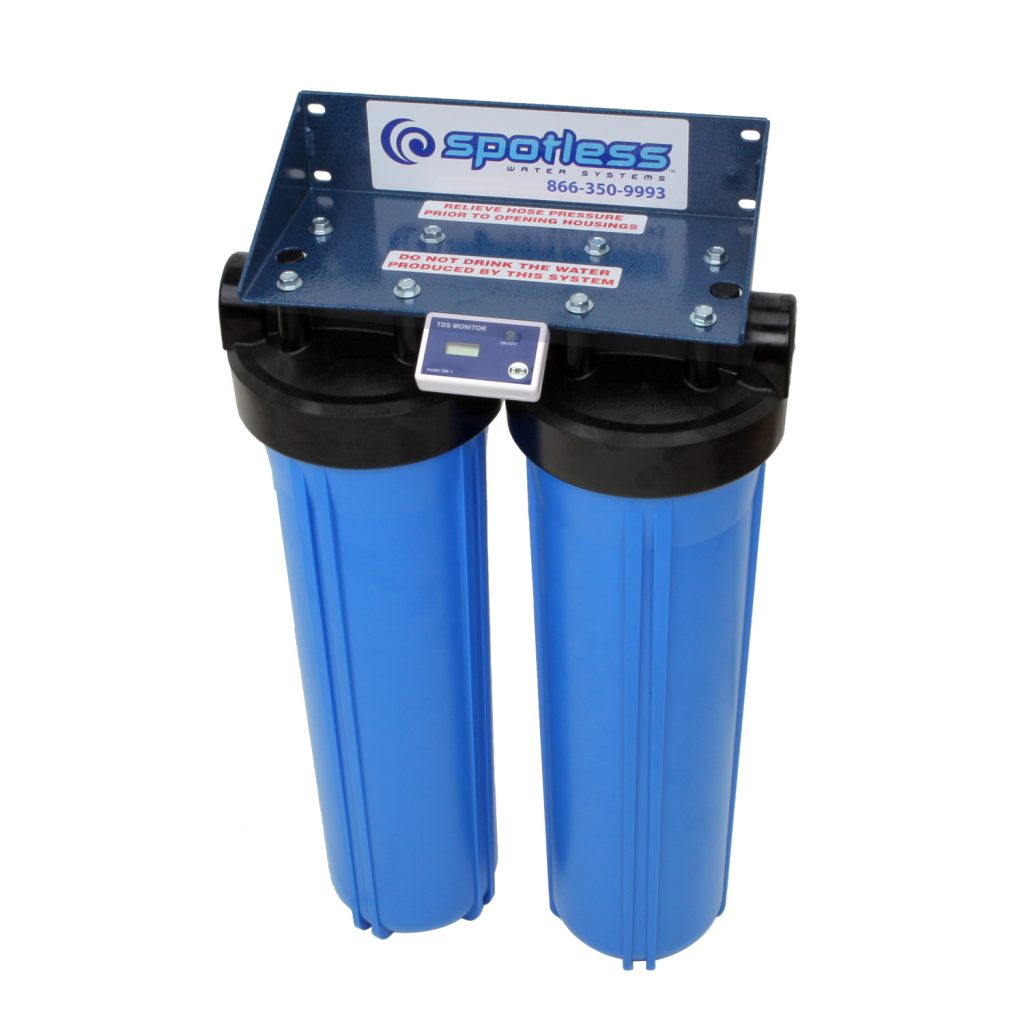Deionized water (DI water) plays a crucial role in various industries, from pharmaceuticals to electronics manufacturing. Its high purity level, achieved by removing ions and minerals, makes it ideal for applications requiring contamination-free environments. This article delves into the fundamentals of Deionized Water System, exploring their mechanisms, benefits, and applications.
Understanding Deionized Water Systems
Deionized water systems are engineered to remove all ionic impurities from water. These systems typically employ a two-stage process involving ion exchange resins. The first stage uses cation-exchange resins to replace positive ions (such as calcium, magnesium, and sodium) with hydrogen ions. In the second stage, anion-exchange resins replace negative ions (such as chloride, sulfate, and nitrate) with hydroxyl ions. When hydrogen and hydroxyl ions combine, they form pure water (H₂O).
Modern deionized water systems often integrate other purification technologies, such as reverse osmosis (RO), to enhance efficiency. RO systems pre-treat water by filtering out larger particles and organic contaminants, thereby extending the lifespan of ion exchange resins and reducing operational costs.
Benefits of Deionized Water
The primary advantage of deionized water is its unparalleled purity. Free from dissolved salts and minerals, DI water has low electrical conductivity, making it an excellent solvent for various industrial and laboratory processes. Some key benefits include:
Enhanced Product Quality: In industries like pharmaceuticals and electronics, impurities can compromise product integrity. DI water ensures high-quality outputs by minimizing contamination risks.
Improved Laboratory Accuracy: For scientific research and chemical analysis, the absence of ions in DI water prevents interference in experiments, leading to more reliable and reproducible results.
Efficient Cleaning: DI water’s lack of ions makes it highly effective for cleaning and rinsing. It leaves no residues, crucial for sensitive equipment and surfaces in the semiconductor and aerospace industries.
Environmental Benefits: By using DI water, industries can reduce the need for harsh chemical cleaners, lowering their environmental impact.
Applications of Deionized Water Systems
Cr Deionized Water System are indispensable in many fields:
Pharmaceuticals: DI water is essential for drug formulation, preparation of medical solutions, and sterilization processes.
Electronics Manufacturing: In the production of semiconductors and circuit boards, DI water is used for rinsing and cleaning to prevent ionic contamination that could affect product performance.
Laboratories: Researchers rely on DI water for preparing chemical solutions, reagents, and in various analytical techniques.
Automotive Industry: DI water is used in cooling systems, battery manufacturing, and for paint and coating applications where purity is critical.
Power Plants: It is used as a coolant and in boiler feed water to prevent scale formation and corrosion, ensuring efficient operation and longevity of equipment.






Comments